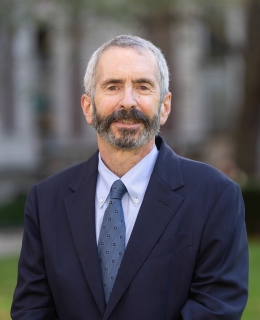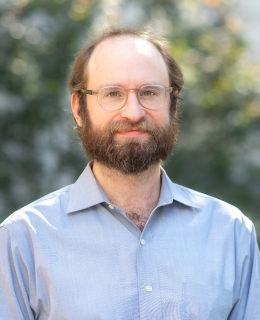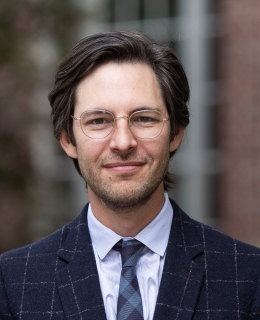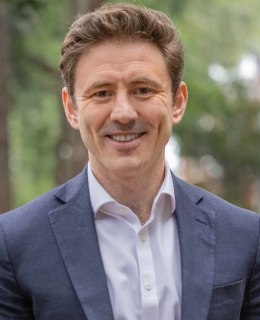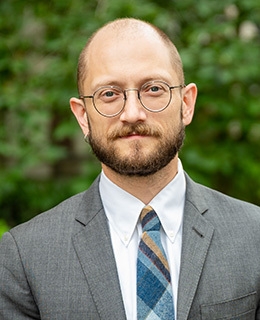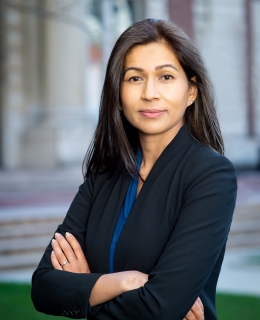The contemporary American legal system is largely statutory and increasingly defined by regulations. Congress and state legislatures vest in administrative agencies the ability to regulate behavior, both public and private, both individual and corporate; administrative agencies and Congress make laws regarding fundamental issues such as elections, health care, tax collection; and statutory interpretation has become a central issue of our time.
How can the administrative state meet today’s policy challenges while honoring our constitutional commitment to separation of powers?
Columbia Law School professors, who have a wide range of perspectives on the reach and effectiveness of agency action, are at the forefront of discussions about administrative law and the roles of federal, state, and local government in implementing public policy and protecting individual rights. Through their teaching, advising, and mentorship, faculty help students prepare for careers in government, politics, advocacy, and NGOs.
Why Columbia Law?
Study the legislative process, statutory interpretation, and the structure and constitutional position of administrative agencies.
Join clinics that assist individuals, new businesses and small organizations to navigate a range of government bureaucracies.
Explore policy solutions for issues such as antitrust violations, privacy and cybersecurity, religious freedom, environmental harms, and LGBTQ+ rights.


